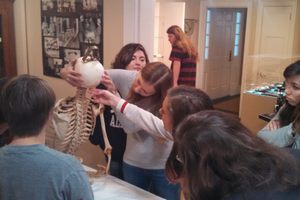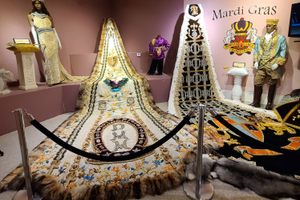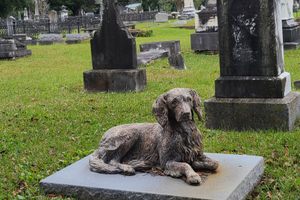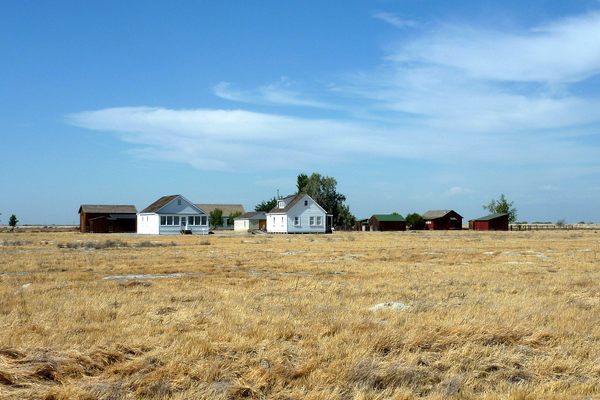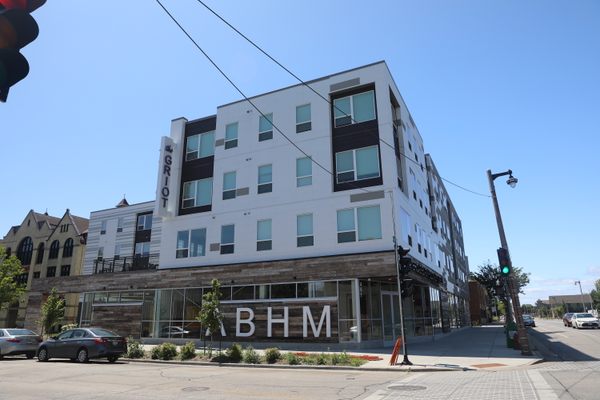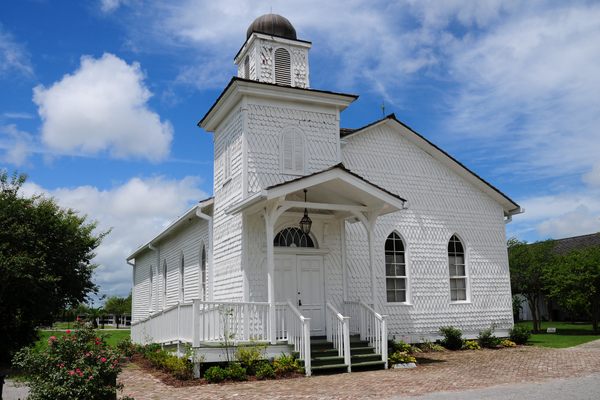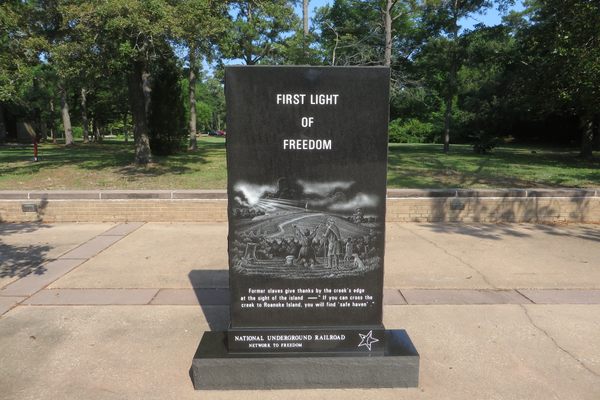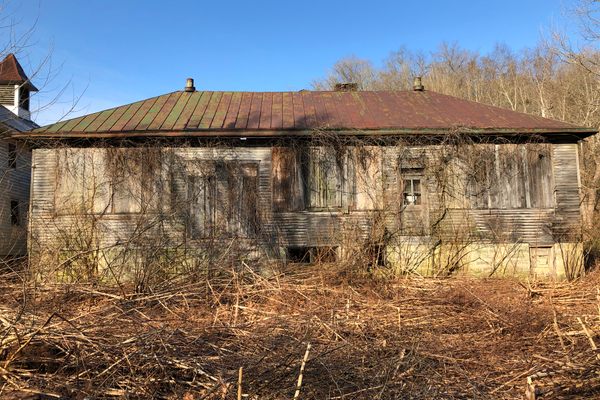About
Officially, the international slave-trade was outlawed in America in 1808, but that did not stop enterprising ne'er do wells from trying to sneak enslaved people into the states secretly. Such was the case with the captain of the Clotilde, a schooner that brought the final recorded shipment of captives from Africa to U.S. shores. And it was these very people who would go on to found the small Alabama community known as Africatown.
When wealthy businessman Timothy Meaher arranged for the Clotilde to bring its illegal cargo to the States from Ghana in 1860, the practice had already been outlawed for almost half a century. However, according to one account, Meaher had made a bet that he could still get away with the despicable practice and went through with the shipment. Meaher burnt the Clotilde after loading the human contraband onto smaller riverboats to ferry them to their new owners, however the authorities had caught wind of Meaher's little plan and intercepted the slaves before they got to the investors who had helped fund the expedition.
Meaher was tried for his crimes but never convicted, while the slaves he had brought over from Ghana, 32 in all, were relocated to a parcel of the criminal's land for the duration. Given little to survive on, the immigrants got by by hunting and fishing in the swamps and marshes of Hog Bayo and created lodgings that would become the basis of what is now known as Africatown.
The new community was expanded after emancipation when a number of formerly enslaved people joined the original community which had essentially transplanted their African tribal culture to a small portion of Alabama. They appointed a chief and a medicine man, and spoke their native tongue, creating an autonomous enclave where their culture could survive.
The original settlers of Africatown died off and their descendants blended in to the larger American culture leaving little but some abandoned homes and a large graveyard to remember a community that fought to keep their heritage alive. Africatown has a small history museum inside the grounds of the Mobile County Training School, where the Africatown bell was formerly located. The bell had been recovered from the Clotilde and was historically rung at the approach of bad weather, or to celebrate the victory of the local team.
Related Tags
Know Before You Go
The Africatown Wetlands boat Tour is recommended.












